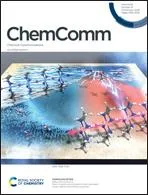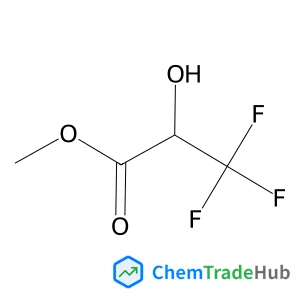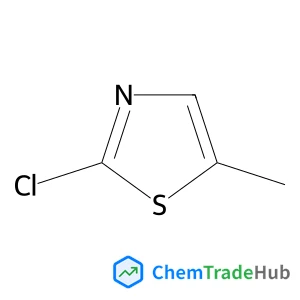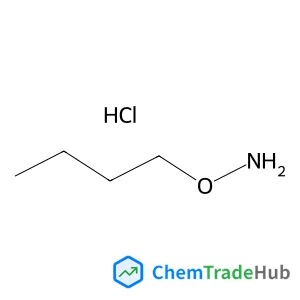Engineering nanoporous organic frameworks to stabilize naked Au clusters: a charge modulation approach
文献信息
Chengcheng Tian, Xiang Zhu, Huize Wang, Hai Wang, Carter W. Abney, Ning Zhang
A simple charge modulation approach has been developed to stabilize naked Au clusters on a nanoporous conjugated organic network. Through engineering pore walls with regulated charges, the controllable growth of Au nanoclusters has been realized. The resulting supported catalyst exhibits excellent performance in the aerobic oxidation of alcohols.
相关文献
IF 6.843
Transition-metal-free insertion reactions of alkynes into the C–N σ-bonds of imides: synthesis of substituted enamides or chromonesIF 6.222
Synthesis of aviation fuel from bio-derived isophoroneIF 6.367
Redox responsive Pluronic micelle mediated delivery of functional siRNA: a modular nano-assembly for targeted deliveryIF 6.843
Water-soluble pH-switchable cobalt complexes for aqueous symmetric redox flow batteriesIF 6.222
Ether-functionalization of monoethanolamine (MEA) for reversible CO2 capture under solvent-free conditions with high-capacity and low-viscosityIF 6.367
The dilemma between acid and base catalysis in the synthesis of benzimidazole from o-phenylenediamine and carbon dioxide‡IF 6.222
Efficient one-pot synthesis of alkyl levulinate from xylose with an integrated dehydration/transfer-hydrogenation/alcoholysis processIF 6.367
Electrospun hydrogels for dynamic culture systems: advantages, progress, and opportunitiesIF 6.843
An overview of latest advances in exploring bioactive peptide hydrogels for neural tissue engineeringIF 6.843
来源期刊
Chemical Communications

ChemComm publishes urgent research which is of outstanding significance and interest to experts in the field, while also appealing to the journal’s broad chemistry readership. Our communication format is ideally suited to short, urgent studies that are of such importance that they require accelerated publication. Our scope covers all topics in chemistry, and research at the interface of chemistry and other disciplines (such as materials science, nanoscience, physics, engineering and biology) where there is a significant novelty in the chemistry aspects. Major topic areas covered include: Analytical Chemistry Catalysis Chemical Biology and medicinal chemistry Computational Chemistry and Machine Learning Energy and sustainable chemistry Environmental Chemistry Green Chemistry Inorganic Chemistry Materials Chemistry Nanoscience Organic Chemistry Physical Chemistry Polymer Chemistry Supramolecular Chemistry
推荐供应商
 Vamein DE ESPALA,SA
Vamein DE ESPALA,SA Piller Industrieventilatoren GmbH
Piller Industrieventilatoren GmbH HAWLinings GmbH
HAWLinings GmbH WS INSEBO GmbH
WS INSEBO GmbH 劳西泽分析有限公司
劳西泽分析有限公司 江苏仁信作物保护技术有限公司
江苏仁信作物保护技术有限公司 PMR TechUG(轴承式机械设备)
PMR TechUG(轴承式机械设备) ARICON Kunststoffwerk GmbH
ARICON Kunststoffwerk GmbH 北京艾福莱机电设备有限公司
北京艾福莱机电设备有限公司 无锡嘉屹化工有限公司
无锡嘉屹化工有限公司













![72050-71-6 - 2-基]-2,3-二羟箕-10,13-二甲箕-1,2,3,4,5,7,8,9,11,12,14,15,16,17-十四箐环戊烯并[a]菲-6 72050-71-6 - 2-基]-2,3-二羟箕-10,13-二甲箕-1,2,3,4,5,7,8,9,11,12,14,15,16,17-十四箐环戊烯并[a]菲-6](/structs/720/72050-71-6-6651.webp)
